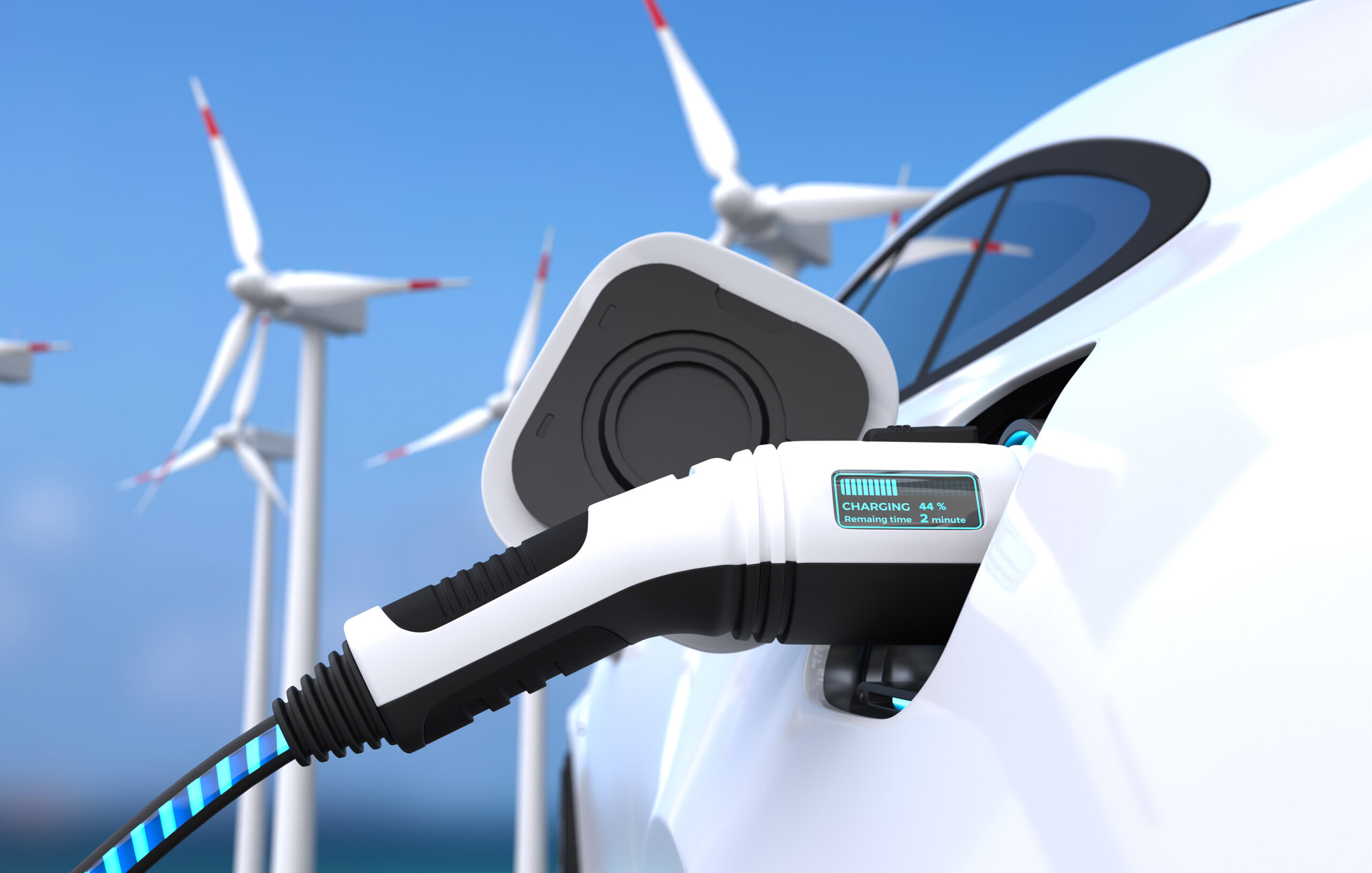Electric vehicles (EVs) are often touted as the future of transportation, offering a cleaner alternative to traditional gasoline-powered cars. However, recent research suggests the environmental impact of EVs may not be as clear-cut as initially thought. While they undoubtedly emit no tailpipe emissions, the production and sourcing of their electricity can raise questions about their overall efficiency.
Challenges of a Charged Future:
- Battery production: Concerns surround the environmental impact of mining the raw materials needed for EV batteries, particularly lithium and cobalt. These processes can be energy-intensive and potentially cause water and air pollution.
- Energy source: The electricity powering EVs comes from various sources, including coal, natural gas, nuclear, solar, and wind. The environmental benefit of EVs is heavily dependent on the carbon footprint of the electricity used. Countries with a higher reliance on fossil fuels for electricity generation see a less significant reduction in carbon emissions when switching to EVs.
- Charging infrastructure: Building and maintaining a widespread charging network requires significant resources and energy, which can contribute to environmental impact.
However, it’s important to consider the full picture:
- Life cycle analysis: While the initial production of EVs may have a higher environmental footprint, they tend to have lower lifetime emissions compared to gasoline vehicles. This is because they avoid the ongoing emissions associated with fuel extraction, refining, and transportation.
- Grid modernization: The transition towards renewable energy sources like solar and wind power will significantly reduce the carbon footprint of the electricity used for EVs, further amplifying their environmental benefits.
- Technological advancements: Battery technology is constantly evolving, with increased efficiency and potentially more sustainable sourcing of raw materials improving the environmental impact of EV production.
The Takeaway: A Nuanced Viewpoint
While the claim that EVs are “completely green” might be an oversimplification, completely dismissing their environmental benefits is inaccurate. The true picture lies somewhere in between, and the overall environmental impact depends on various factors like the source of electricity, battery production methods, and ongoing research and development.
Moving forward, ongoing advancements in battery technology, grid modernization, and responsible sourcing practices are crucial to realizing the full potential of EVs as a sustainable transportation solution. Ultimately, a comprehensive approach that considers the entire life cycle of EVs and fosters continuous improvements is necessary to make informed decisions about the future of transportation.
Image by user6702303 on Freepik

